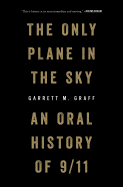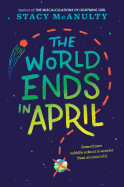Reading the Wind
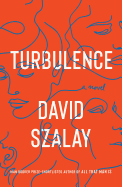 I've been reading about wind lately, and realized we're always reading about wind. Consider a beautiful passage in Michael Ondaatje's The English Patient (Vintage) that could be a wind prayer ("There is a whirlwind in southern Morocco, the aajej, against which the fellahin defend themselves with knives. There is the africo, which has at times reached into the city of Rome...."). Or David Szalay's mesmerizing novel Turbulence(Scribner), where diverse yet connected characters circumnavigate the globe like pressure systems.
I've been reading about wind lately, and realized we're always reading about wind. Consider a beautiful passage in Michael Ondaatje's The English Patient (Vintage) that could be a wind prayer ("There is a whirlwind in southern Morocco, the aajej, against which the fellahin defend themselves with knives. There is the africo, which has at times reached into the city of Rome...."). Or David Szalay's mesmerizing novel Turbulence(Scribner), where diverse yet connected characters circumnavigate the globe like pressure systems.
Go back in time:
So he agreed to help me, and he gave me
a bag of oxhide leather and he tied
the gusty winds inside it. Zeus, the son
of Cronus, made him steward of the winds,
and he can stop or rouse them as he wishes.
Emily Wilson's brilliant translation of The Odyssey (Norton) reminds us that this precious gift from Aeolus, Keeper of the Winds, did not work out so well for Odysseus after his greedy crew opened the bag and unleashed, literally, an epic gale.
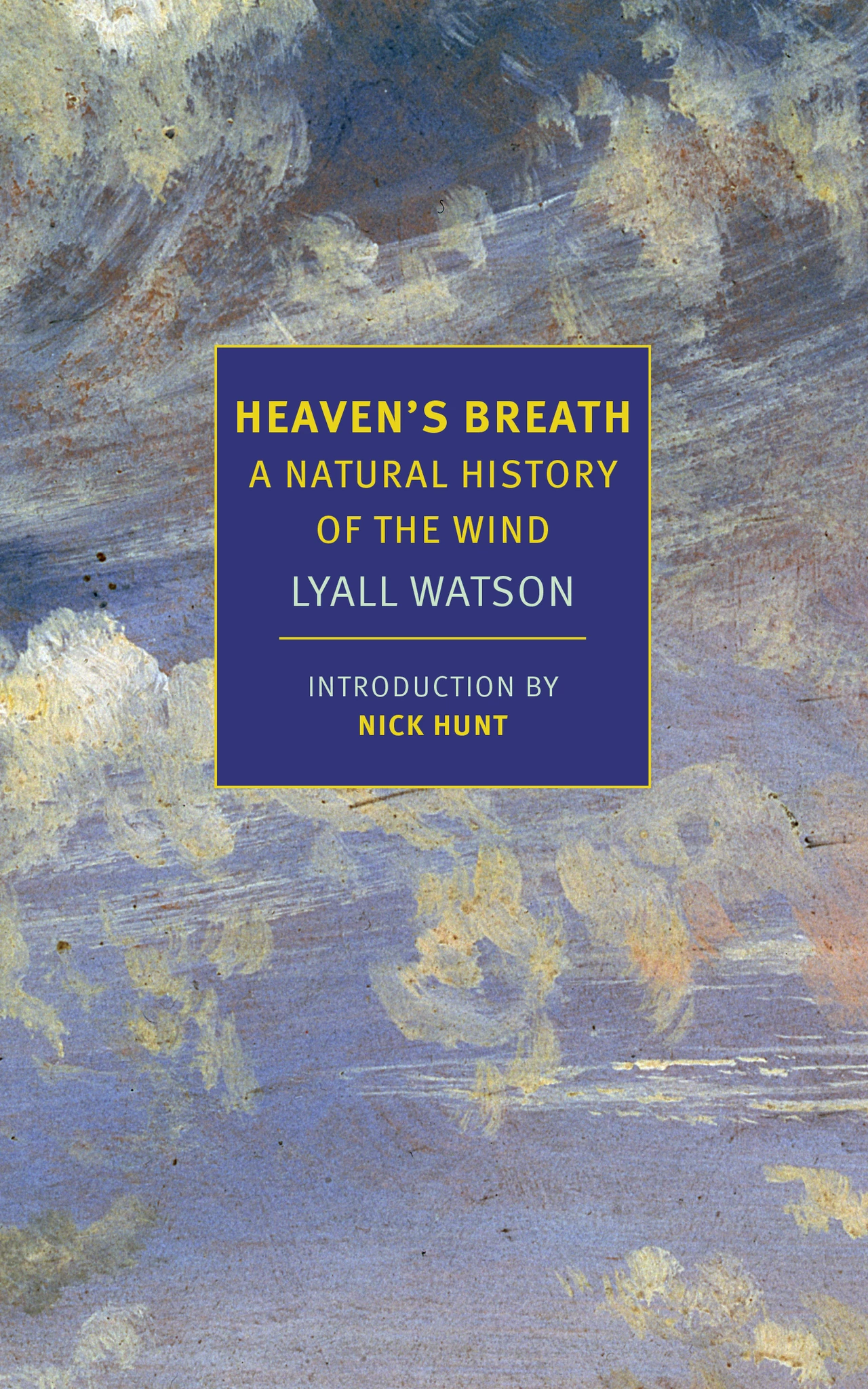 "The book in your hands is that oxhide sack. All the winds of the world are inside," Nick Hunt writes in his introduction to the NYRB Classics reprint of Lyall Watson's fascinating 1984 work, Heaven's Breath: A Natural History of the Wind. I love this book. It alters your perception of Earth.
"The book in your hands is that oxhide sack. All the winds of the world are inside," Nick Hunt writes in his introduction to the NYRB Classics reprint of Lyall Watson's fascinating 1984 work, Heaven's Breath: A Natural History of the Wind. I love this book. It alters your perception of Earth.
"Living, as we do, at the bottom of an ocean of air, it is easy not to look up. To see only our immediate environment in two-dimensional terms," Watson observes. "Wind is invisible. Which immediately puts it into a category of things like love, hate and politics that we find difficult to explain, and impossible to ignore."
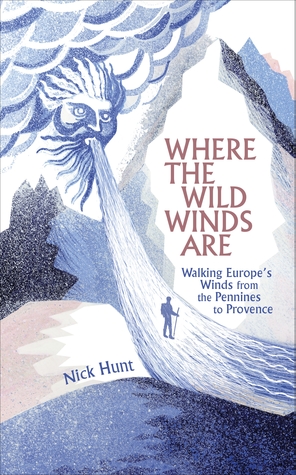 After Watson I read Hunt's Where the Wild Winds Are: Walking Europe's Winds from the Pennines to Provence (Nicholas Brealey), in which he chronicles his 2016 pilgrimage along the routes of several European winds, noting: "These were journeys into wild wind, but also into wild landscapes and the people who inhabit them; they were also, inevitably, journeys into myself."
After Watson I read Hunt's Where the Wild Winds Are: Walking Europe's Winds from the Pennines to Provence (Nicholas Brealey), in which he chronicles his 2016 pilgrimage along the routes of several European winds, noting: "These were journeys into wild wind, but also into wild landscapes and the people who inhabit them; they were also, inevitably, journeys into myself."





 How did you develop the illustrative style of this book? How did Mr. Nogginbody get his look?
How did you develop the illustrative style of this book? How did Mr. Nogginbody get his look?
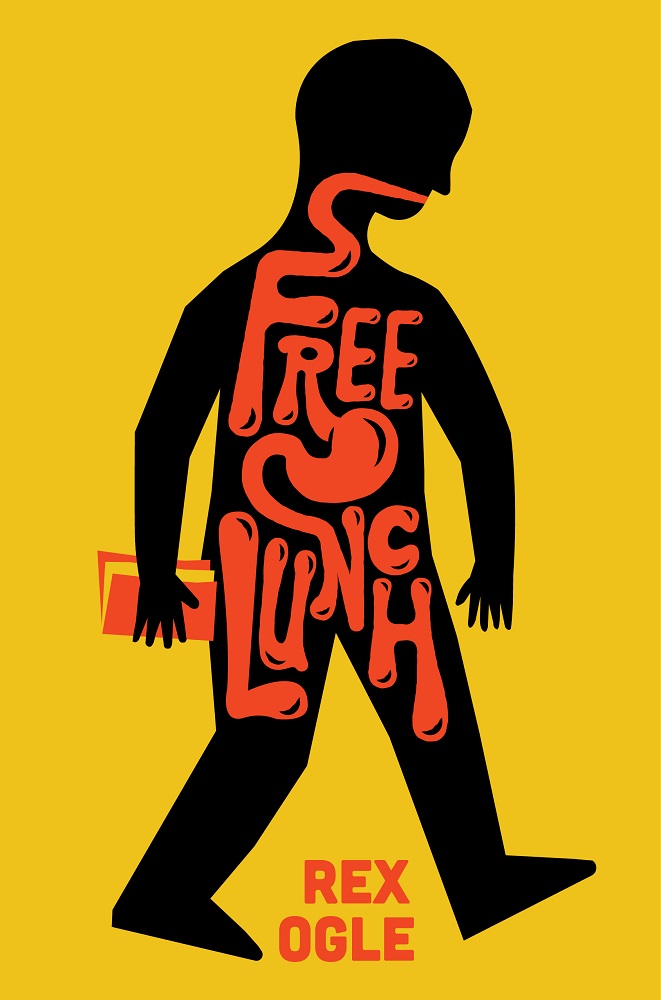 You have done a fair amount of writing for comics and graphic novels. How was the experience of writing Free Lunch similar? Different?
You have done a fair amount of writing for comics and graphic novels. How was the experience of writing Free Lunch similar? Different?






